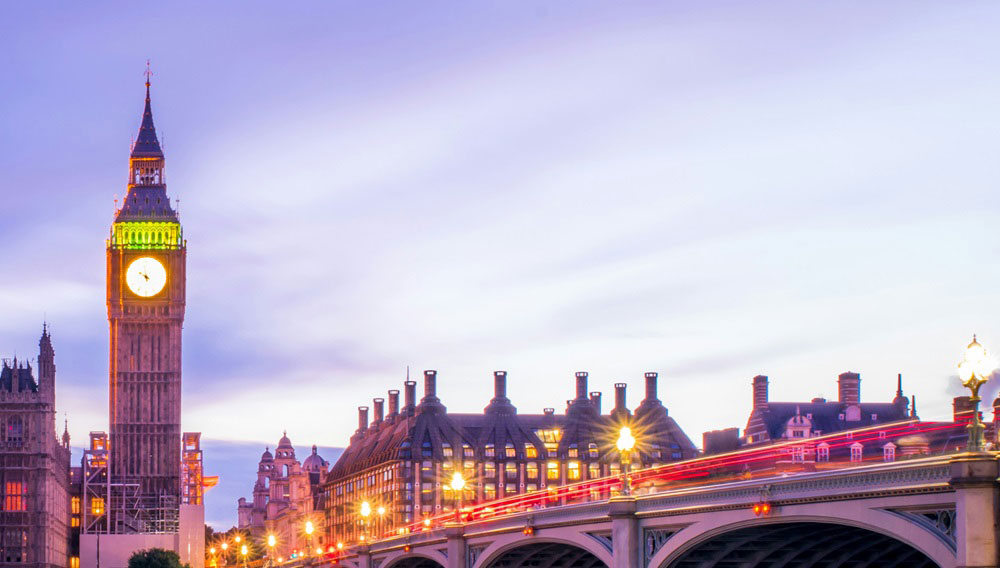Important IT system upgrade
From Friday 12 December
We’re carrying out an important upgrade to our systems to improve the services we provide to our members. This means that access to online systems and contact points, including MyRCGP and the member helpdesk, will be temporarily unavailable from 16:00 on Friday 12 December, with a gradual restoration of services from Monday 15 December.
Email your local politician
We know how busy GPs are so we have made it as easy as possible to email your MP in England, MS in Wales, MSP in Scotland or MLA in Northern Ireland. All you need to do is enter your postcode and it will bring up a ready made email for you. If you like you can edit it to make it personal to you or just click send.
Arrange a practice visit
Inviting your local MP to visit your practice is a great way of showing them what things are really like on the ground. This will help your MP to better represent you in Parliament and drive the RCGP’s message for change straight to the heart of Government.
I want to invite my MP to a practice visit
While writing to your MP is helpful, nothing is impactful as actually talking to them face to face to explain what the life of a GP is really like. Below is a guide to help you:
1. Get in touch
As your membership body we are here to help you. The guide below offers some tips, but we are keen to know if you hear back from your MP and support you for any visit.
2. Inform your colleagues
Different practices will have different rules and systems for gaining permission to invite politicians to their practice. In many practices it will be important to get the permission of all the partners before you arrange a visit.
3. Invite the candidates
If you'd like to invite them to visit your practice, you can use a template letter designed by the RCGP which you can edit with your own information and send to your MP here:
4. Arrange the visit
It may take some time for them to respond. Once you have received a response from them, they will most likely put you in touch with their staff to arrange the visit. Remember to ask how long their visit is likely to be so that you can plan accordingly.
You may be asked to give a short summary of the issue that you would like to raise so that they can be prepared.
5. Plan the visit
Once you have confirmed the date and time, confirm with them how long they can stay with you and what you would like to do:
- Meet GPs and staff?
Make sure practice staff are aware of the visit. You may want to work with the practice staff to decide responsibilities on the day of the visit.
- Invite the local media for a photocall?
If you and the MP are both happy, then you can invite local media and any other guests with plenty of notice. If local press photographers or videographers are going to attend, or if you want to share photos on social media, you need to make sure permissions are sought.
- Agree on social media posts
Politicians generally want to use social media to publicise their visit. You can also thank them for coming on your own social media alongside a picture.
6. Know what you want to say and show
This is the most important part of the visit. They will want to know what the issues facing general practice means to you specifically – how it’s impacted you professionally and personally, and most importantly what it means for your patients.
This doesn’t mean you should only talk about the negatives: this is also a chance to talk about how you help your patients and about any innovative work that your practice does.
And don’t worry about the national picture. You can access national statistics and key messages on our website. However, the main aim of the visit will be to share your local experience.
7. Prepare an agenda
The visit does not have to be seamless, but it might be helpful to prepare an outline a structure for the visit. You may be asked to share this outline with the MP’s office, so they know what to expect on the day.
Think about what activities will showcase the practice and when you’ll get a chance to talk one-to-one to your MP in a quieter space. Be mindful of the time each segment.
8. Send a "thank you"
Send a letter or email to thank them for the meeting. If you committed to provide them with any additional information, or a local press release, you could include this in your message.
9. Consider sending out a press release
After the visit you may want to reach out to some local papers and news outlets in your area who might be interested in covering your candidates visit. The easiest way to do this is to search your local newspaper, radio station or TV outlet online and drop them an email with a press release attached.
Alternatively, you might agree with your MP that they will publicise the visit.
10. Tell us about your visit
Please do let us know how the visit went. We're ready to answer any questions you may have, or support with follow-up actions after the meeting.
Thank you for your feedback. Your response will help improve this page.

